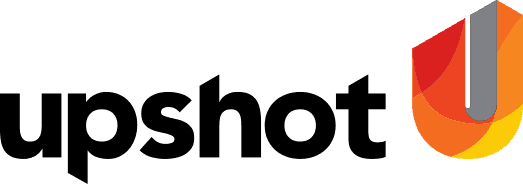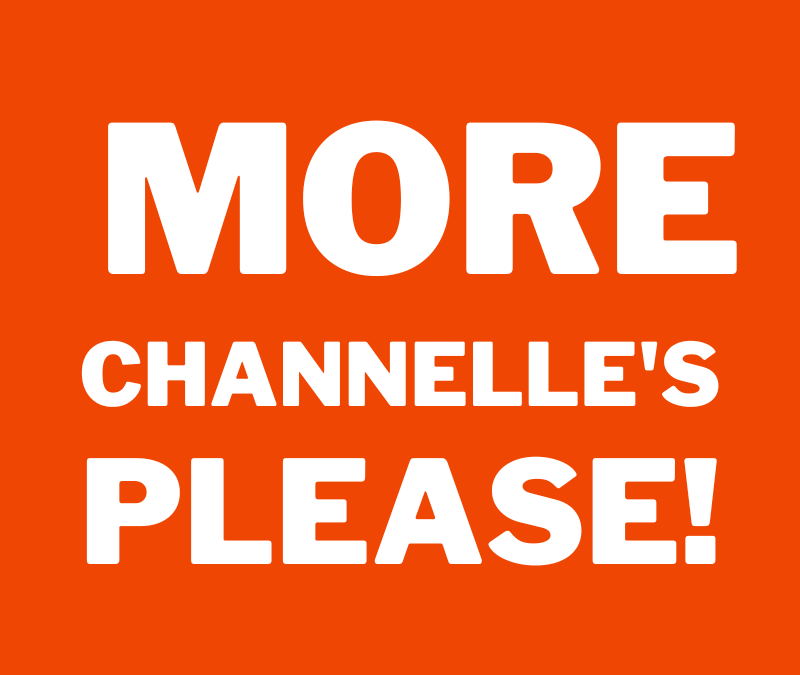Fascinating to watch the BBC documentary ‘Unvaccinated’ on iplayer, which explored COVID-19 vaccine hesitancy, especially because we had conducted insight into this very subject and our findings (published in June 2021) resonated so very much with the programme.
Our version of vaccine hesitancy is best described as vaccine inconfidence – an intelligent, human response – arising from a lack of priming and information before the vaccination programme launched; huge amounts of negative content and a dearth of positive information.
The searing reviews in the Guardian and Telegraph make one point, but we need to consider another as communications professionals. The way people feel is completely framed by their context – conversations and experiences in person and online – and these need to be respected, whether we agree or disagree with a viewpoint. A key finding of ours worth noting is that information from family is trusted so much more – hugely so – than government and media.
The BBC’s documentary addressed a range of perspectives well, especially misinformation vs facts and, much more importantly, the risks of the vaccine vs the risks associated with contracting COVID-19. But one aspect they didn’t have time to cover was the global nature of the pandemic, which led to a a plethora of worldwide information sources, primarily on social media and online. These were and are the playing fields for misinformation. I could very much understand presenter Hannah Fry’s frustration with such a clear, scientific, mathematical picture of efficacy vs risk against unfounded concerns. The people propagating misinformation did a very good job of taking snippets of information and twisting them to tell an untrue story, but in the absence of clear paths to high quality information addressing very real concerns, it’s no surprise they won a greater share of voice.
Voice leads nicely on to the star or the BBC documentary which for me was Chanelle. She voiced her views without dominating. She listened to everyone and was was eager to hear all perspectives. And when she understood the complex picture and heard facts and data, she volunteered to be someone who would spearhead honest conversations in her community.
I’m still having honest conversations with friends and acquaintances about the vaccine and I’m always amazed at how little known the key information sources are, so in the spirit of Chanelle, I’d like to share those I found most compelling:
Full Fact – mentioned in the documentary – fact checks a whole load of stuff, including vaccines. They can be trusted to investigate whether claims are correct or not.
Reuters – performs fact checks on a vast array of news stories, independently.
The Red Cross has clear information on COVID-19 vaccination in multiple languages and is a great reference tool to point to.
Many Councils and Clinical Commissioning Groups have sound information and links for those wanting to explore further – a good example is Thurrock Council.

